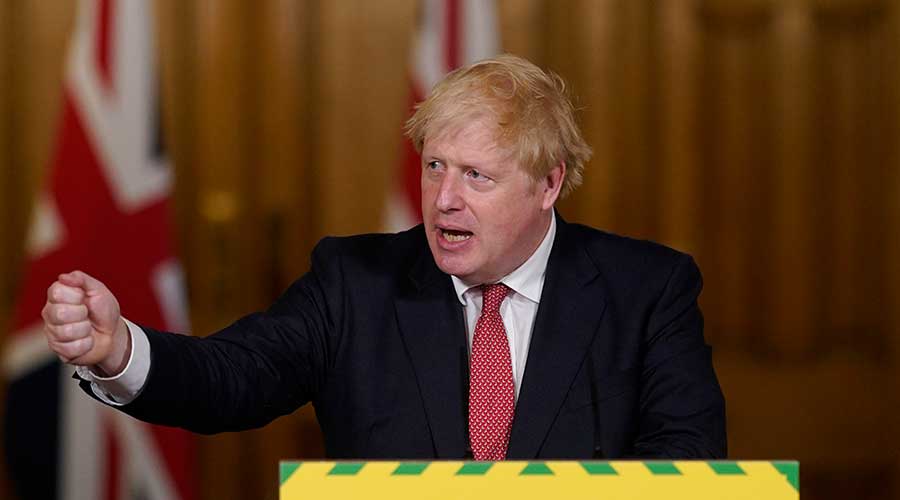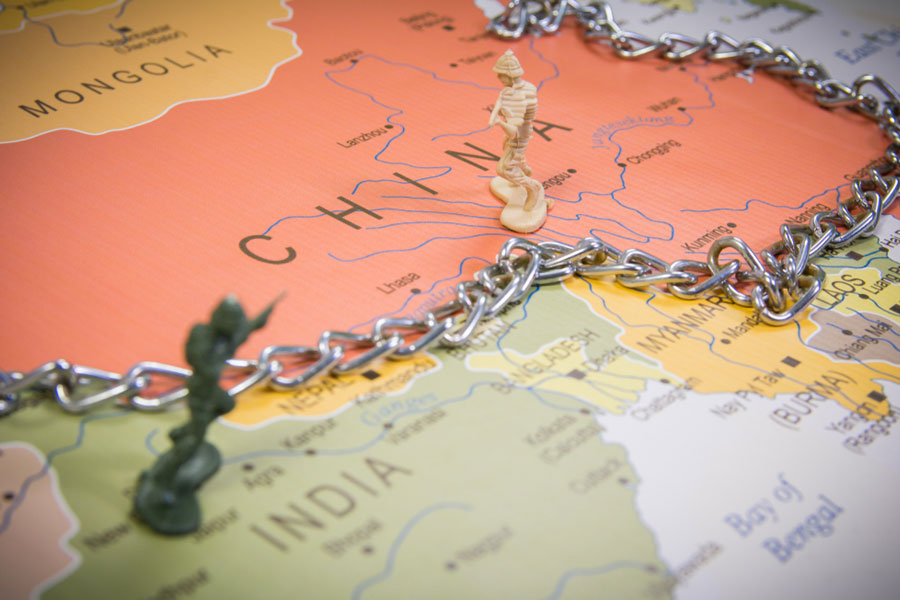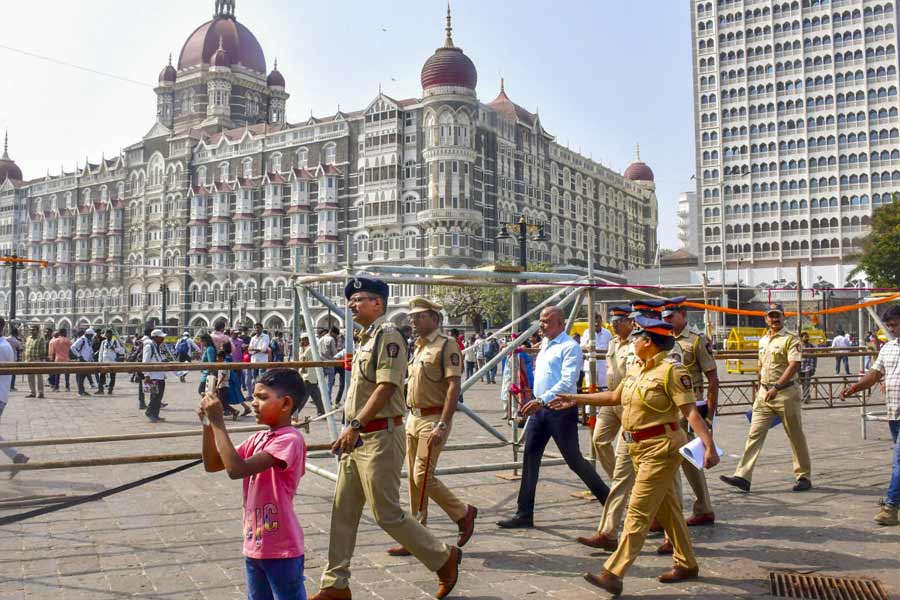Two days after abruptly announcing plans to put England back into a lockdown, Prime Minister Boris Johnson faced a mutiny on Monday from members of his Conservative Party, who said he went too far, and scalding criticism from Opposition leaders, who said he acted too late to stem a second wave of the coronavirus.
Johnson’s decision, a reluctant reversal after weeks of stubbornly resisting a lockdown, seemed to please almost no one. His allies in the Right-wing press have turned on him, as have disgruntled business leaders.
The about-face even reopened fault lines from the debate over Britain’s withdrawal from the EU, as Nigel Farage, the pro-Brexit leader, said he would rebrand his Brexit Party with a new name, Reform UK, and a platform of opposing the lockdown.
A sombre Johnson defended himself in Parliament, apologising for the economic pain caused by the lockdown but insisting there was no alternative. At the current rate of infections and hospitalisations, he said, England’s hospitals would have to turn away patients within weeks.
“Doctors and nurses could be forced to choose which patients to treat, who would live and who would die,” he said. “That sacred principle of care for anyone who needs it — whoever they are and whenever they need it — could be broken for the first time in our lives.”
The Labour Party’s leader, Keir Starmer, endorsed the lockdown. But he accused the Prime Minister of dithering for 40 days after his scientific advisers recommended taking this step — a delay that he claimed had cost lives.
Johnson’s now-defunct programme of targeted restrictions, he said, “not only failed to stop the second wave, they been swept away by it”. Starmer called for a two-week “circuit breaker” lockdown nearly three weeks ago.
The depth of Britain’s ordeal with the coronavirus was underscored by the news on Sunday that Prince William, the son of Prince Charles, and second in line for the throne, contracted the virus last spring, around the same time as his father.
New York Times News Service











